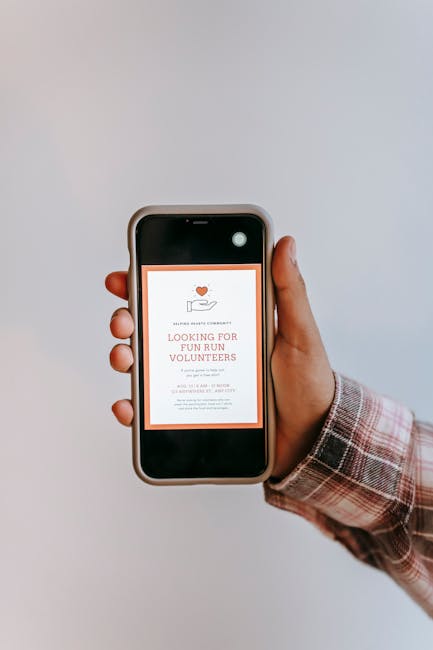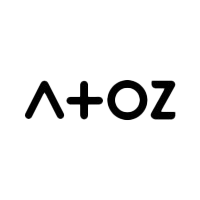Understanding Mobile App Ecosystems

Mobile apps are more than just bits of software; they are part of larger ecosystems. Understanding how iOS, Android, and other mobile platforms operate is crucial. Each platform has its own set of rules, user expectations, and development tools, which are vital to comprehend before diving into app creation.
Apple's iOS platform, for instance, is known for its stringent app guidelines and polished user interface. Conversely, Android offers more customization and a broader reach due to its variety of devices. Deciding which platform to start with will shape your development process and learning curve. It's also important to consider cross-platform development. Tools like Flutter or React Native enable you to write code once and deploy it to both iOS and Android, potentially saving time and resources while reaching a wider audience.



















